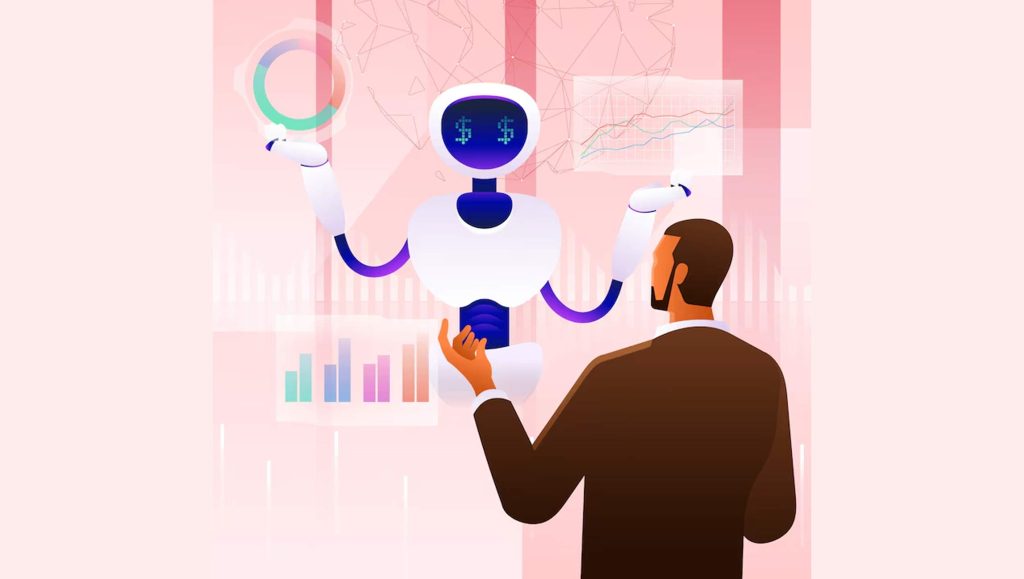The marketing industry is constantly changing and trying to create innovative and catchy advertisements. As technology develops, marketing departments have seized new technology to polish their craft. Generative AI is one example of a technology that has changed the way marketing works, and it is important to learn about what this technology does.
Generative AI allows machines to develop their own content, whether it be videos, text, photos, simulations, or more. It does so by feeding machines content through an algorithm until the machine can create its own content based on the media it has consumed.
There are many niches within the marketing industry that use generative AI. 28% of legal and professional services use generative AI, 28% of high-tech and telecom services use it, and 24% of financial services use it. Other marketing professionals that rely on generative AI include automotive and assembly, retail and consumer gods, and pharmacy and healthcare. Additionally, AI use in general has more than doubled in the last five years, showing how quickly businesses have incorporated it into their procedures.
Within generative AI And marketing, many tasks can be made easier. Most commonly, marketing firms use generative AI in email marketing campaigns. Marketing lead scoring is another area that relies heavily on generative AI, followed by customer service routing, fraud detection, cross-selling and upselling, and service chatbots. Studies have shown that AI use can increase productivity by up to 40%, so it is no wonder that marketing firms have incorporated it so thoroughly.
Read More: SalesTechStar Interview with Joanna Johnston, Chief Customer Officer at BigPanda
There are many generative AI platforms that can transform a marketing campaign. ChatGPT is one example. It is a chatbox that is capable of interactive dialogue. Make-A-Video is another example and generates videos from text-based prompts. DALL-E is a deep learning tool that generates AI images and serves 1.5 users worldwide.
However, there is still a long way to go in terms of the development of generative AI. Paul Roetzer, the Founder and CEO of the Marketing AI Institute, believes that businesses are behind and still view AI as an abstract product of sci-fi novels rather than the approachable technology that it is. Changing this mindset will result in greater adaptation of AI.
Looking forward, there are many more opportunities for generative AI growth moving forward. The convergence of IoT and AI is one example; 19% of c-suite executives focus on taking advantage of AIoT. There will also likely be greater reliance on AI marketing automation. 22% of markers have used marketing automations in addition to AI to personalize emails, offers, and paid ads. Additionally, there is the opportunity for more accessibility for small businesses. So far, 31% of small businesses have adopted AI tools to help with marketing tasks, and 46% believe AI will create new marketing roles in the years to come.
AI has made a huge impact on today’s world, whether it be in communication, science, or marketing. Paying attention to AI advancements is useful in navigating a changing landscape. AI has already exploded onto the scene and will continue to evolve rapidly, so tuning into AI news is vital.
Read More: Future of RFID: The Cost of Inaccurate Inventory
Missed The Latest Episode of The SalesStar Podcast? Have a quick listen here!
Episode 175: Go-to Market and Marketing Best Practices with Bryan Law, CMO at Zoominfo
Episode 174: B2B Customer Engagement with Mike Molinet, Co-Founder, Thena
Episode 173: B2B Revenue Generation Hacks with Justin Schweisberger, Chief Revenue Officer at Pramata

















